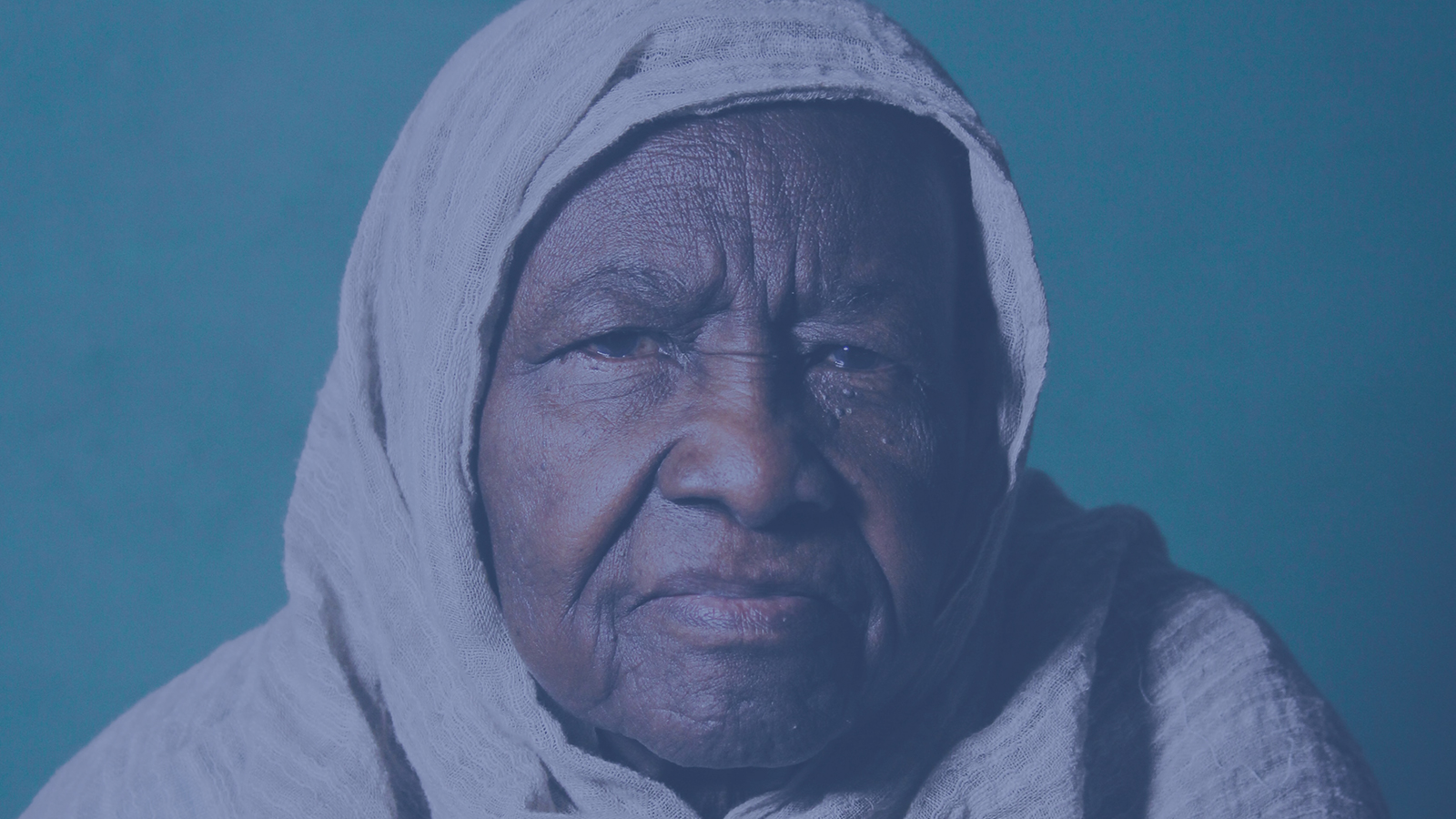Whether arriving as a young girl, a woman, or an elder, the challenges faced by girls, women, and GNC people are greatly impacted by their age. For example, these challenges can can include the added responsibilities for a young girl who, more rapidly learning English, must help her mother navigate healthcare and financial systems; a woman for the first time having to earn wages in order to support her family; a GNC youth exploring their gender identity and forced into isolation for fear of losing the only community they have in this country, or an elder who must now navigate her final years with no social and little financial support in a new country.
Age
“I cannot live with my kids because there is no space and nobody to take care of me. They used to tell me that this country is not for old people, I see why...Back home, I was able to spend time with other women my age; I was never lonely even with my disability. Being here has made me more sick than before, it is not the sickness on your body, it is loneliness.”
Age greatly impacts if, and to what extent girls, women, and GNC people can enter services, and presents opportunities powerful opportunities creative and meaningful programs.
"We need better communication with our parents. Maybe a program where we can come together, share our feelings with each other, they can hear our fears and struggles with peer pressure and we can hear them out too."
Growing Up Fast
Upon arrival, young girls resettled in the U.S. are quickly thrust into new schools, oftentimes at grade levels that don’t correspond to their age group. They are required to quickly learn a new language and reported having to deal with bullying and/or increased violence as other youth and teachers mock their culture, discriminate against their appearance, skin color, and more.
At home, young girls are heavily relied upon to help their families settle into the country. That can include: grocery shopping, navigating public transportation, helping to care for siblings, and more. This is in addition to carrying their own experiences and trauma; trauma that is rarely seen or treated, as school counselors are not trained to support the specific needs of refugee and asylee youth.
“I had to accompany my mom to everywhere she went to just to interpret for her. This is still a big issue in the community.... It can be very uncomfortable for a child to navigate these private spaces for her parent”

Aged Out
Older refugees are often resettled in two ways: they arrive in the U.S. directly through a resettlement program or they are reunited with family members, often after an extended period of time. Their challenges are multiplied in many ways. Elder women shared that learning a new language, especially with having experienced deep trauma, can become it’s own kind of learning disability. Severe isolation and depression is frequent, stemming from being in a new country with no social networks and often challenges in accessing transportation, information, and ways to form new relationships and community.
For those who are reunited with family members, they may have to adjust to living with their children and grandchildren after long absences, which come with their own challenges. Services for older people are often very limited in many communities across the U.S., a problem that is even more complicated when seeking elder services from providers with insufficient cultural or trauma-informed training that addresses the experiences elder refugee and asylee women have gone through.
Across the board, elders shared their desire and deep need for social networks, gainful employment, and meaningful interactions within communities.
"I’m old so no one give me a job, I am 66."

"Sometimes just to think about -when my kids, children grow up and their life will be better than mine - that is the only thing that makes me feel better."
Opportunities
- For Funders: Can you expand grant opportunities to specifically target inclusive programming and services for elder resettled refugees?
- For Service-Providers: Do you offer peer-to-peer support groups for young refugees? How do you coordinate with schools within your community to ensure that school staff, including counselors, are trained on traumas experienced by young refugees and asylees? What resources can be extended to parents to help them support elder members of their households? What intergenerational programs and activities can you co-create with resettled refugee and asylee girls and women to create cross-cutting programs with multiple impacts?
Photo & Quote Attributions
All names attributed to quotes have been changed to protect the safety of the speaker. The photographs that appear alongside quotes are not of the speaker.
About